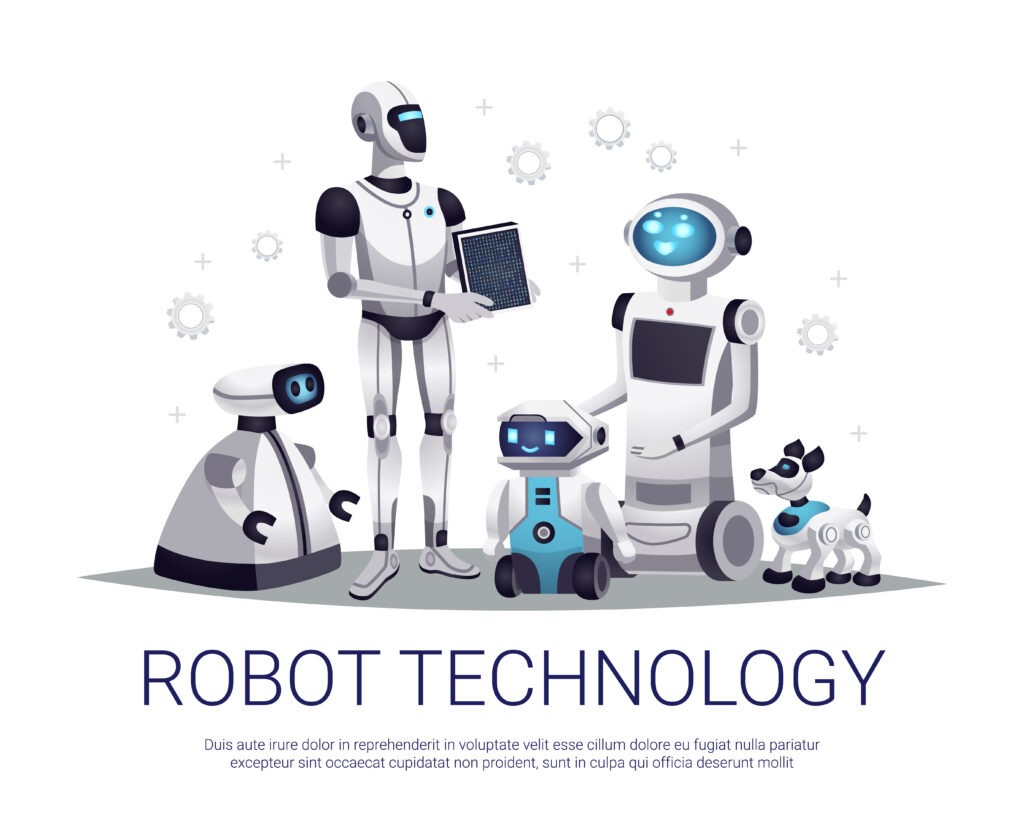
Introduction
At our company, we are at the forefront of the technological revolution, constantly pushing the boundaries of innovation. Today, we delve into the fascinating world where machine learning and robotics converge, unlocking unprecedented possibilities for the future. In this comprehensive article, we explore the rise of machine-learning robots and the profound impact they are having on various industries.
Understanding Machine Learning Robots
Machine learning robots are a remarkable manifestation of advanced artificial intelligence (AI) and robotics. These cutting-edge machines possess the ability to acquire knowledge and improve their performance without explicit programming. By leveraging vast amounts of data, these robots can learn, adapt, and make informed decisions autonomously.
Applications of Machine Learning Robots
Healthcare
In the field of healthcare, machine learning robots are revolutionizing patient care and medical research. These intelligent robots can analyze medical records, genetic data, and clinical trials to identify patterns and assist in diagnosing diseases with remarkable accuracy. Moreover, they can assist in complex surgeries, ensuring precision and reducing human errors.
Manufacturing and Industry
Machine learning robots have found extensive applications in the manufacturing and industrial sectors. By harnessing their ability to learn from data, these robots can optimize production processes, detect faults in real time, and enhance overall efficiency. They can also predict maintenance needs, minimizing downtime and maximizing productivity.
Autonomous Vehicles
The automotive industry has witnessed a significant transformation with the advent of machine-learning robots. These robots play a crucial role in developing self-driving cars, enabling them to perceive the environment, make split-second decisions, and navigate safely. By continuously learning from their experiences and the data collected from sensors, autonomous vehicles are becoming safer and more reliable.
Agriculture
In agriculture, machine learning robots are empowering farmers to make informed decisions and improve crop yield. These robots can analyze soil data, weather patterns, and plant characteristics to optimize irrigation, fertilization, and pest control strategies. By precisely targeting interventions, farmers can reduce costs, minimize environmental impact, and enhance overall productivity.
The Benefits of Machine Learning Robots
Increased Efficiency
By harnessing the power of machine learning, robots can streamline complex tasks, resulting in improved efficiency and productivity. These robots can quickly process vast amounts of data, identify patterns, and make informed decisions at an unprecedented pace. As a result, businesses can optimize their operations, reduce costs, and gain a competitive edge in the market.
Enhanced Accuracy and Precision
Machine learning robots excel in performing repetitive tasks with exceptional accuracy and precision. Their ability to learn from data and adapt their behavior allows them to continually refine their performance, minimizing errors and ensuring consistent results. Whether it’s performing intricate surgical procedures or assembling intricate components, these robots bring a new level of precision to various industries.
Increased Safety
With their advanced sensors and intelligent algorithms, machine-learning robots are enhancing safety across multiple domains. In hazardous environments such as mining, these robots can replace human workers, mitigating risks and preventing accidents. In healthcare, they assist surgeons with delicate procedures, reducing the likelihood of human error and improving patient outcomes.
Challenges and Future Directions
While the potential of machine learning robots is immense, several challenges need to be addressed for further advancements. These challenges include ethical considerations surrounding autonomous decision-making, data privacy, and security, and the potential impact on the job market. By proactively addressing these concerns, we can ensure the responsible and beneficial integration of machine-learning robots into society.
Looking ahead, the future of machine learning robots is promising. As technology continues to evolve, these robots will become even more sophisticated, versatile, and integrated into our daily lives. From personalized healthcare solutions to fully autonomous smart cities, the possibilities are endless.
Conclusion
In conclusion, machine learning robots are driving a technological revolution, transforming industries, and empowering us to achieve new heights. From healthcare and manufacturing to autonomous vehicles and agriculture, these robots are reshaping the way we work and live. By embracing the potential of machine learning robots, we can unlock a future where innovation knows no bounds. Let us embark on this journey together and shape a world where technology and humanity harmoniously coexist.